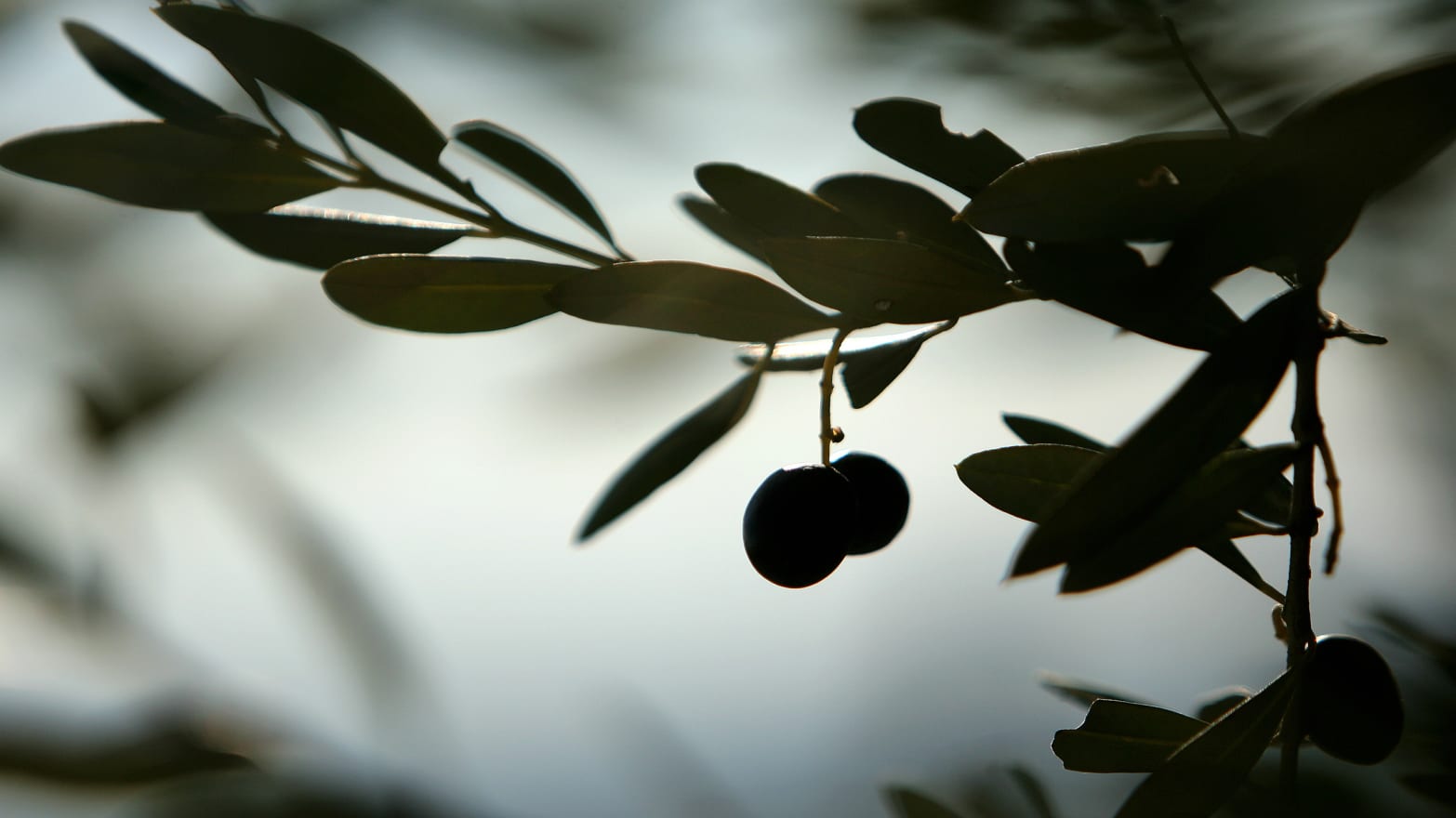ROME — There are few places in all of Italy like the southern region of Puglia (the heel of Italy’s boot), where the only thing that comes close to the importance of folklore is an intrinsic suspicion of outsiders.
Puglia is an unforgettably beautiful region that often is forgotten by the national government, despite its substantial contributions to the GDP from olive oil, other agricultural production, and tourism.
And that, perhaps, is why the regional government there plays hardball when it comes to doing favors for the greater good of the country and of Europe.
At least that rationale is the most touted reason for people there fighting against plans to bury in Pugliese soil the last five miles of the 545-mile-long $45 billion Trans Adriatic Pipeline.
The project would bring cheap natural gas from the Caspian Sea across Turkey, Greece and Albania, and has the potential to free much of continental Europe from its dependence on Russia, which currently has a 41 percent share of Europe’s imported energy market through its state-owned Gazprom.
The TAP pipeline project would initially serve more than 7 million homes in Europe, with potential to double that output in just a few years, according to TAP officials. And, once in place, supporters of the project argue, the pipeline could be used by other competing energy providers, including American and Australian companies, which would most certainly keep energy prices low.
Off the coast of Italy, the pipeline, branching off from one that exists already at the Turkish border would go through northern Greece, then Albania, before being buried in the Adriatic Sea and crossing to Puglia. Digging in Greece and Albania started last year. The plan seems flawless except for one problem. Puglia says no.
Under current Italian government regulations, Puglia has the power to veto the use of its land, and the local government says that in order to bury the last five miles of pipeline, it would have to destroy 231 olive trees and move around 10,000 others, some of which are 400 years old.
That’s risky business for such gnarly old roots and trunks, and it seems the chance they might die far outweighs the benefits of energy security for all of Europe. Never mind that the national government in Rome under Prime Minister Matteo Renzi already has agreed with the TAP consortium, promising that it could lay the pipe in Puglia. For the moment, the region still has the right to decide how its land is used.
Of course, there’s more to this—much more—than the fate of some gorgeous old trees.
Reducing the power of regions like Puglia is a crucial part of a major nation-wide constitutional reform referendum that is up for a vote on December 4. If the referendum passes, Puglia could lose its power, and the digging would start. If the referendum vote does not pass, Puglia would retain its relative independence and could take its case to the European Constitutional Court where, many analysts say, it would likely win.
From afar, this may seem like fairly bizarre tree-hugging, but olive trees are a big deal in Puglia, where their existence can be traced back to about 1200 B.C. Olive trees are on the local flags and every crest, seal and official document.
A favorite legend passed down over generations is that the reason the trunks are so famously twisted and gnarled is because when Christ’s crucifiers were looking for the perfect plank to nail him to, they all writhed and contorted so they wouldn’t be chosen.
Many trees still standing today have been carbon-dated as more than 1,000 years old, and the whole tree-growing area has been deemed a UNESCO world heritage site.
Marco Poti, the mayor of Melendugno, a city in the heart of the TAP pipeline destination area, told Reuters that helping Europe become less dependent on Russia is not worth the gamble. “There is a risk that some olive trees won’t survive,” he said, adding that it would also affect tourism along the shoreline.
Poti is one of many local officials who suspect that a deadly bacterium called Xylella Fastidiosa that is responsible for literally sucking the lifeblood out of around one million olive trees in the southern-most Salento region of Puglia in the last three years actually was planted by supporters of the TAP pipeline.
There are also other theories that it was planted by Monsanto chemical company, or by a wealthy developer who wants to build a golf resort, or by the local organized crime syndicate which is tired of the disrespect it gets from tree farmers refusing to pay protection money.
Scientists blame the introduction of Xylella on a shipment of Oleander trees from Costa Rica which carried the same strain of the disease.
Last year, a group of activists demonstrated against the TAP pipeline project as Forestry Corps officers with chainsaws destroyed scores of trees under an EU-mandated eradication plan that called for the destruction of all trees within 100 meters of any tree affected with the bacterium. The official rationale was to try to stop the transmission of the virus, which is carried by tiny flying spittlebugs.
“The eradication plan is only to clear the land for TAP,” Poti said last summer. “The EU is just like the Italian government. It does not get involved in regional matters unless it benefits them. In this case, they are mandating the cutting for TAP, not to stop Xylella.”
Poti’s city council, along with a neighboring town, also reportedly stopped a Russian conglomerate from buying up the very land where the pipeline was meant to be laid because he didn’t trust that they wouldn’t allow it to be built anyway, just to try to cash in on the project.
Energy officials in Europe are perplexed.
European Commission Vice-President for Energy Union Maroš Šefčovič cannot fathom why locals in Puglia don’t see the benefit of the project. “Once complete, TAP will be a major asset in European energy security tool box,” he said when ground broke for the Greek link in the pipeline. “By opening up access to gas from Azerbaijan, TAP will allow many countries, including in Central and South East Europe to diversify their sources of gas.”
In the end, the region of Puglia was able to stop the EU-mandated eradication efforts for Xylella through a local vote. They hope that the same voting power will stop the TAP Pipeline project, and the trees will survive—until something or someone else kills them.

